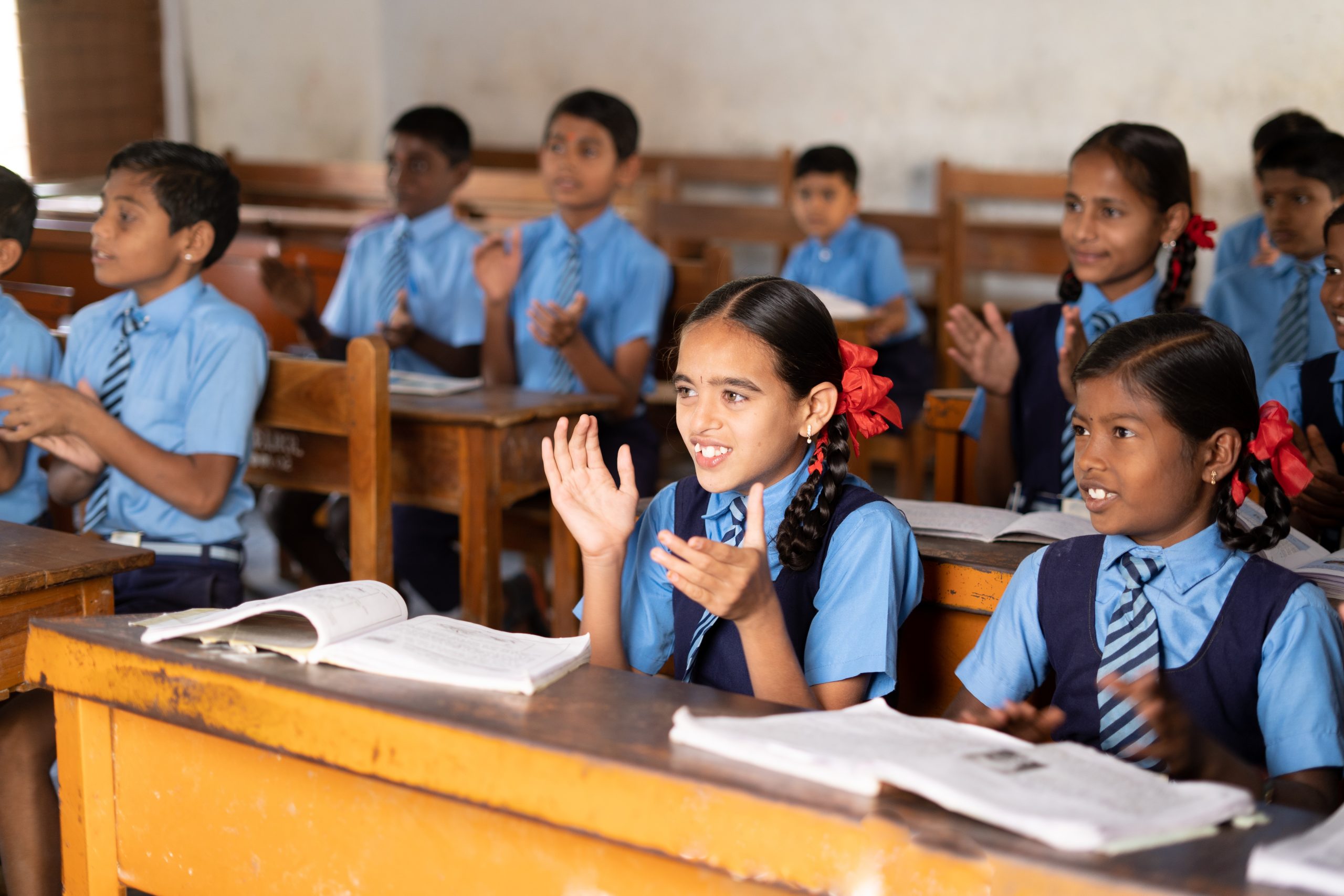
The Deccan Herald: Getting the ‘ed’ right in EdTech
Global EdTech investments more than halved in 2022. India has not been immune.
Read the full article by XSEED Founder Ashish Rajpal here: https://www.deccanherald.com/amp/opinion/getting-the-ed-right-in-edtech-1181374.html
Growth in EdTech investments is not the same as better learning outcomes. That will require technology to better understand the human learning process and solve the fundamental problems that plague it.
Global EdTech investments more than halved in 2022. Indian EdTech has not been immune: investments dropped 40%. The industry that could not hire fast enough, has laid off up to 10,000 employees in 2022. Hundreds of thousands of crores in losses have been reported. There are rumours that the “unicorns” are no longer so magical and are in financial trouble. What’s going on?
EdTech, short for education technology, comprises of products and services that deploy technology for better results in education. At least that’s the theory. For the past two decades, businesses have tried to exploit the market opportunity through several offerings, including digital classrooms (hardware), learning management systems (software), video content, adaptive learning, big data, and more recently through promises of utilising blockchain, artificial intelligence, and machine learning.
While Covid was devastating for many, it proved to be a boon for many EdTech companies. Children were confined to their homes, and parents were concerned about their academic learning; they were eager to adopt an educational alternative and ways to keep the children occupied. Enter the EdTech companies. Armed with massive funding from venture and private equity firms, these companies launched a massive advertising and sales assault on parents, offering recorded or live videos, various online practice apps, and also “personalised” tutorial options. These were generally expensive, requiring a commitment of tens of thousands of rupees or even lakhs, and backed by attractive freemium and EMI deals.
As Covid ended and normalcy returned, the pressing need to engage children at home waned. Studies on the efficacy of some of these products began to emerge; concerns about screen time resurfaced, and parents became more cautious about jumping on the bandwagon. That in turn has had a cascading effect on sales, valuations, and funding. A study among parents showed extremely low levels of satisfaction with K–12 EdTech offerings. Less than a third of parents were likely to renew the product they were using, and they had a negative NPS (net promoter score that indicates the likelihood of recommending the product to others). The number one reason for dissatisfaction seems to be the product’s quality: a lack of doubt resolution, the quality of teachers, and insufficient personal attention.
John Hattie of University of Melbourne, arguably the foremost expert on measurement of learning outcomes, studied data of 80 million students from 50,000 studies from around the world. His research discovered that “teacher-related” factors have the greatest influence on students’ learning outcomes. Hattie also emphasises the significance of softer aspects such as students’ self-esteem and level of “striving” or “challenge” in the learning process. His writings refer to Edtech as the “emperor’s new clothes” with “shiny gadgetry” but no data that shows any transformative impact. Not everybody likes Dr. Hattie’s methods and manner, but his message cannot be ignored.
Technology-based educational solutions are not always doomed to fail. A large-scale study of over 61,000 school-age students in India, conducted by a Singapore-based organisation, found 31% same-student gains learning within one year post-Covid.
Education is a complex process marked by individual differences. Even before EdTech, with its promises and failures, education was grappling with many fundamental problems: the diverse distribution of talents, the uneven distribution of motivation, and the move from knowledge to learning. These are hard problems that will need many iterations. However, the desire to solve them, combined with an evidence-based approach, is critical. Funding and marketing alone will not do.
All evidence to date suggests that there is no one silver bullet. The most likely path forward is a combination of pedagogy, personalisation, and measurement (goals, outcomes, feedback). If tech can concretely address some of these fundamental issues, it’s in business. If not, we will keep discovering melting glaciers and giants with feet of clay.
Ashish Rajpal, Founder XSEED
About XSEED
XSEED Education is a Singapore based education system that improves thinking skills and problem-solving skills in children thereby making them more confident and ready for the 21stcentury workplace. Its flagship school program has reached close to two million children, upskilled, and certified over 100,000 teachers, in thousands of schools and has been deployed in eight countries including India, Philippines, and the Middle East. In 2020, XSEED launched XSEED SuperTeacher, a first-of-a-kind fully loaded teaching & learning app for teachers that can be used in both physical and online classes. The World Innovation Summit in Education (WISE) & MIT’s Legatum Center has featured XSEED among path-breaking global innovators in education.
For more information on XSEED Education please visit
www.xseededucation.com. Contact sg@xseededucation.com






